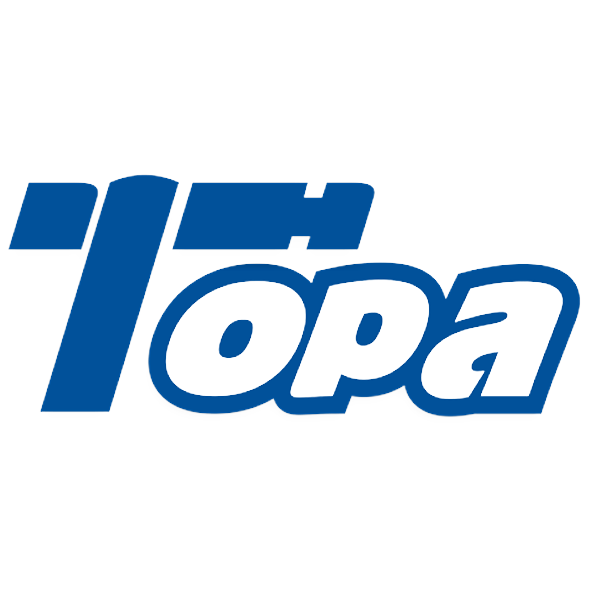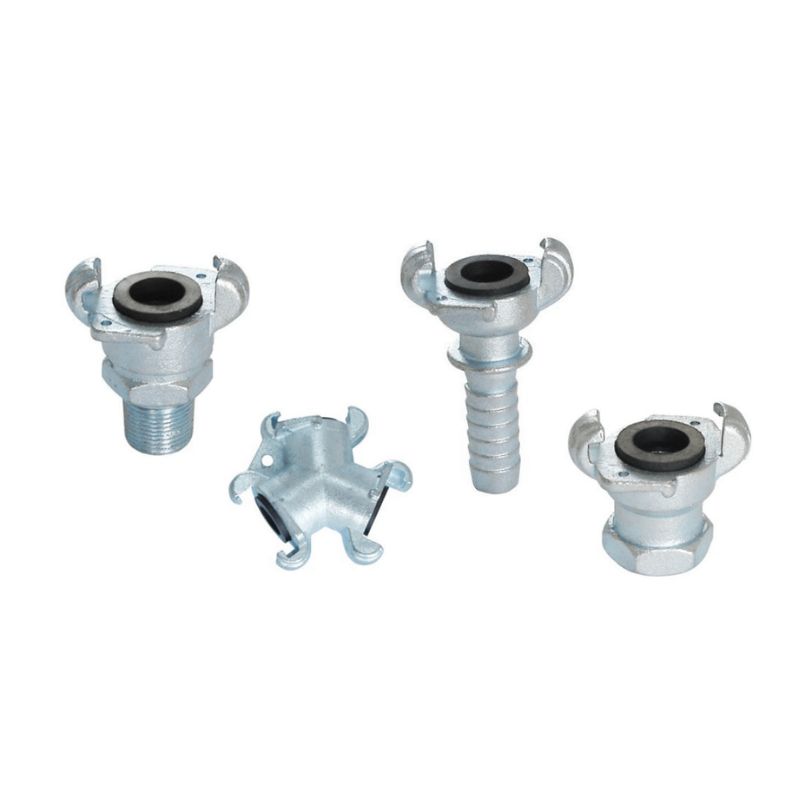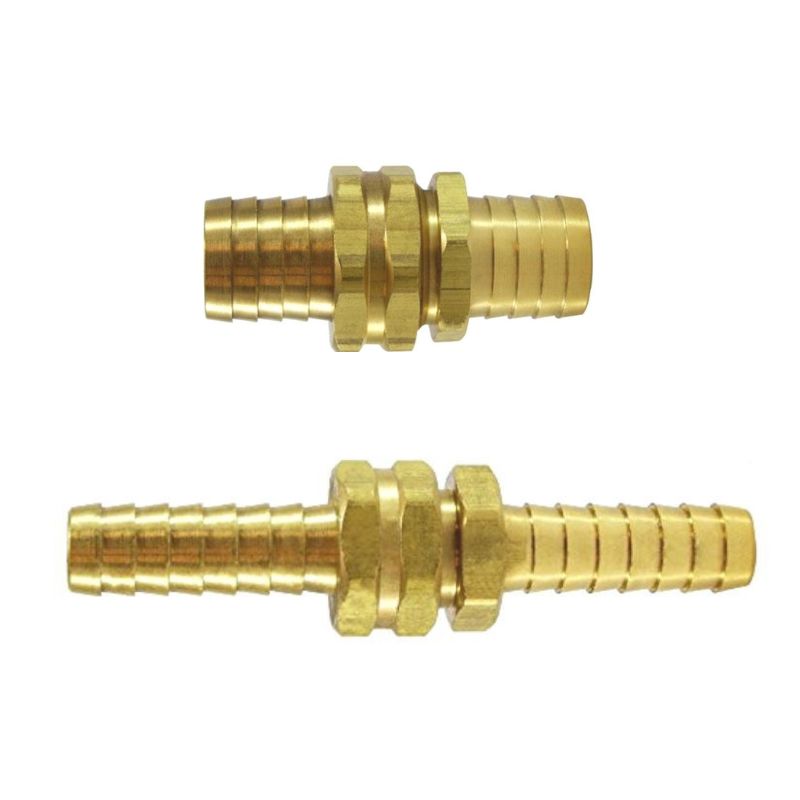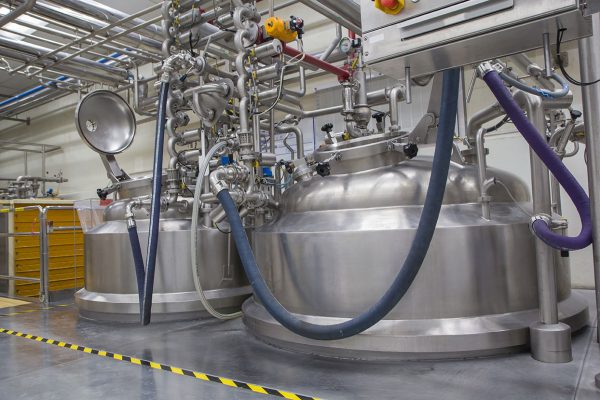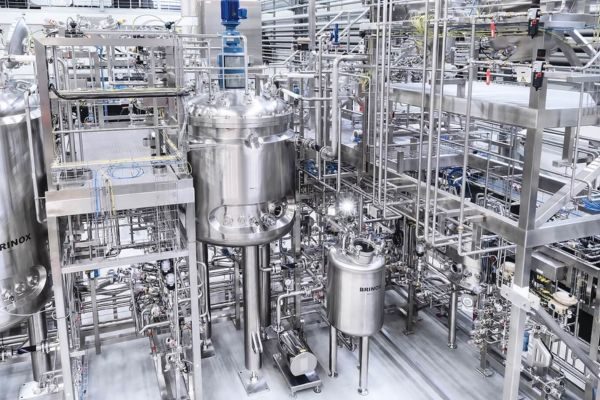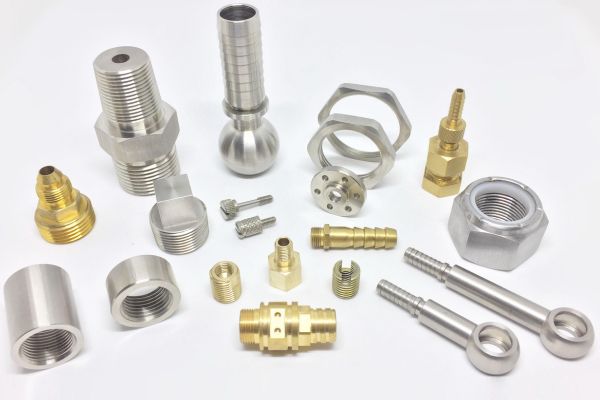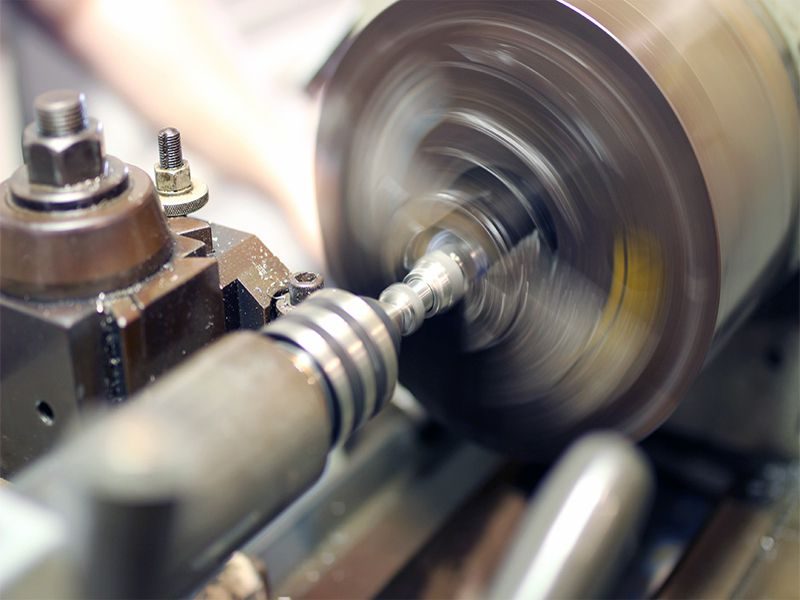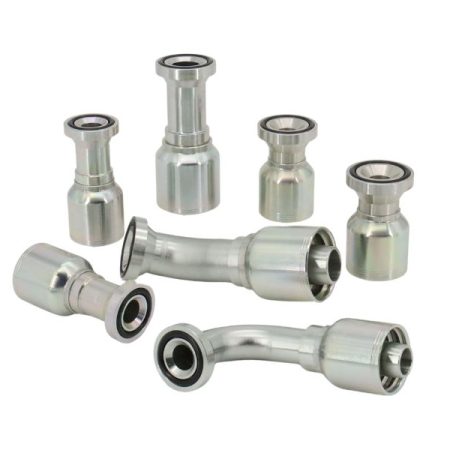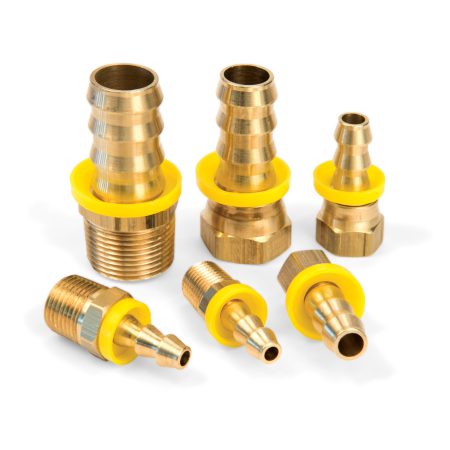
FAQ
What are industrial fittings used for?
Industrial fittings are used to connect, control, or redirect the flow of liquids, gases, or steam in piping or tubing systems across various industries.
What thread types are common for industrial fittings?
Typical thread standards include BSP (British), NPT (American), Metric, and JIC. The right thread depends on your region, industry, and equipment.
What materials are best for industrial fittings?
The most common materials are carbon steel (for strength), stainless steel (for corrosion resistance), and brass (for ease of use and low pressure). Selection depends on the medium and environment.
What pressure can industrial fittings handle?
Pressure ratings vary, but industrial fittings generally support up to 6000 PSI. Always match the fitting’s rating to your system’s pressure requirement.
Are your industrial fittings compatible with international brands?
Yes. Topa fittings are dimensionally compatible with brands like Parker, Eaton, Stauff, and others, making replacement and integration easy.
Do you offer food-grade or sanitary industrial fittings?
Yes. We offer stainless steel fittings with smooth internal surfaces and FDA-grade seals suitable for food, beverage, and pharmaceutical processing.
Can I mix different types of fittings in one system?
It’s possible, but not always recommended. Mixing BSP with NPT, for example, may cause leaks. We advise standardizing your fitting system for safety.
Do industrial fittings require maintenance?
Yes. Regular inspection for thread wear, corrosion, or seal damage is recommended. Replace any worn parts to avoid leaks or failure.
Can you customize industrial fittings?
Absolutely. We offer OEM/ODM services including custom threads, shapes, finishes, logos, and packaging.
How do I know which industrial fitting to choose?
You’ll need to consider the medium (fluid, gas, steam), pressure, temperature, thread type, and application. Contact our team — we’ll help you select the right one.
